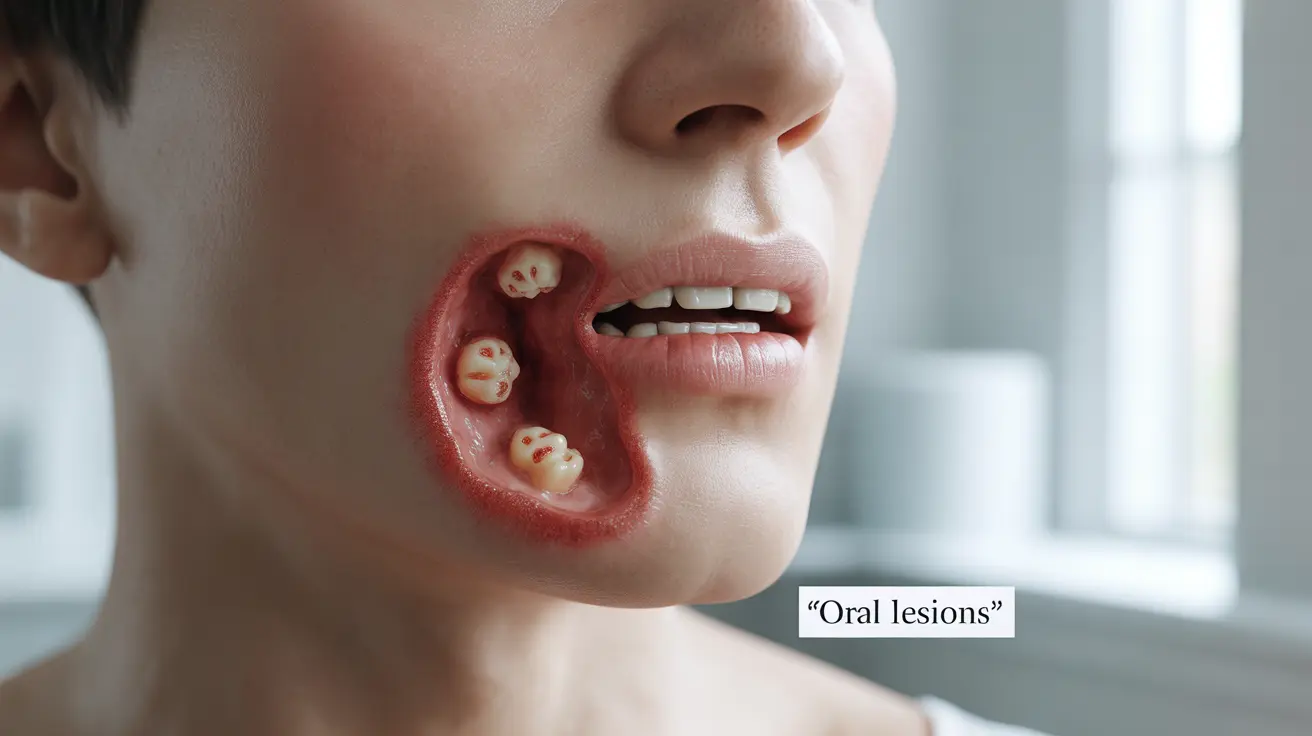Mouth ulcers, those painful sores that develop inside the mouth, can significantly impact daily activities like eating, drinking, and speaking. While these lesions are common and typically harmless, understanding their causes, treatments, and prevention methods is crucial for managing them effectively.
This comprehensive guide will explore everything you need to know about mouth ulcers, from their various triggers to proven treatment strategies and when to seek professional medical attention.
Common Causes of Mouth Ulcers
Mouth ulcers can develop for various reasons, and identifying the underlying cause is essential for proper treatment and prevention. Common triggers include:
- Minor injuries from dental work or accidental biting
- Stress and anxiety
- Food sensitivities or allergies
- Hormonal changes
- Certain medications
- Immune system conditions
The Role of Diet and Nutrition
Nutritional factors play a significant role in both the development and healing of mouth ulcers. Deficiencies in key nutrients, particularly vitamin B12, folate, and iron, can make you more susceptible to developing these painful sores. Maintaining a balanced diet rich in these essential nutrients can help prevent recurrence.
Treatment Options for Mouth Ulcers
Over-the-Counter Solutions
Several effective treatments are available without prescription:
- Antimicrobial mouthwashes
- Topical pain-relieving gels
- Protective pastes
- Salt water rinses
- Benzydamine oral rinse
Natural Remedies
Many people find relief through natural approaches:
- Honey applications
- Aloe vera gel
- Chamomile tea rinses
- Coconut oil pulling
- Ice chips for temporary pain relief
Prevention Strategies
While not all mouth ulcers can be prevented, certain practices can reduce their frequency:
- Using a soft-bristled toothbrush
- Avoiding trigger foods
- Managing stress levels
- Maintaining good oral hygiene
- Getting regular dental check-ups
- Taking vitamin supplements if recommended by a healthcare provider
When to Seek Medical Help
While most mouth ulcers heal on their own within two weeks, certain situations warrant professional medical attention:
- Ulcers lasting longer than three weeks
- Unusually large or spreading ulcers
- Extremely painful sores that don't respond to over-the-counter treatments
- Frequent recurrence of ulcers
- Development of fever or other systemic symptoms
Frequently Asked Questions
What causes mouth ulcers and how can I prevent them from recurring?
Mouth ulcers can be caused by various factors including stress, injury, certain foods, and nutritional deficiencies. Prevention strategies include maintaining good oral hygiene, avoiding trigger foods, managing stress, and ensuring adequate nutrition through a balanced diet.
How can I treat mouth ulcers at home to reduce pain and speed up healing?
Home treatments include salt water rinses, over-the-counter gels or pastes, antimicrobial mouthwashes, and natural remedies like honey or aloe vera. Avoiding spicy or acidic foods during healing can also help reduce discomfort.
When should I see a doctor about a mouth ulcer that won't heal?
Consult a healthcare provider if an ulcer persists beyond three weeks, is unusually large, extremely painful, or accompanied by other symptoms like fever. Multiple recurring ulcers may also require professional evaluation.
Can nutritional deficiencies like lack of vitamin B12 or iron lead to mouth ulcers?
Yes, deficiencies in vitamin B12, iron, and folate can contribute to the development of mouth ulcers. If you experience frequent ulcers, your healthcare provider may recommend blood tests to check for these deficiencies.
What are the differences between mouth ulcers and cold sores?
Mouth ulcers typically appear inside the mouth and aren't contagious, while cold sores usually form on or around the lips and are caused by the herpes simplex virus (HSV-1), making them highly contagious. Cold sores often begin with tingling or burning before forming blisters, while mouth ulcers appear as round or oval sores with a white or yellow center and red border.




